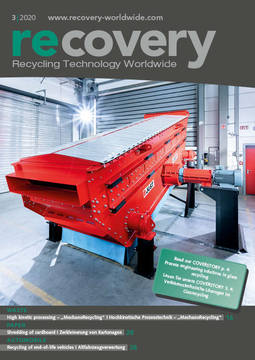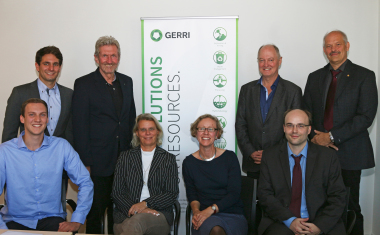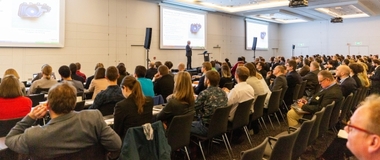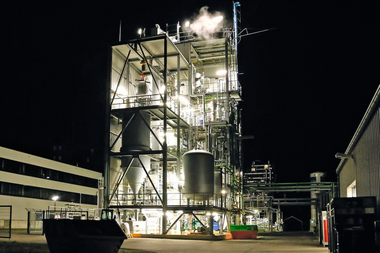Logically enough, he initiated, as early as 1974, the establishment of a lectureship for „secondary resources“ at his institute. This field was further promoted during 1991/92 and from then on formed the core of research in the separate department of „Mineral Processing / Recycling“ at the Institute for MVTAT. Upon the retirement of Prof. H. Schubert in 1992, his pupil Gert Schubert, of the TU Bergakademie Freiberg University of Resources, was appointed professor and entrusted with the leadership of this department. He successfully continued the ongoing research work with Prof. Heinrich Schubert‘s process-orientated focus with great commitment and far-ranging detailed knowledge on, in particular, processes for breakdown comminution of metal-containing composite structures and the sorting of the material mixtures thus created. It was, not least of all, his practical, industrially orientated understanding, and the recognition that the recovery of secondary resources would gain even more importance in the future, that resulted in the fact that many of his test results could be directly implemented in industry in the form of new process developments. With more than fifty degree, bachelor‘s and masters theses, Prof. Gert Schubert shaped and promoted, in particular, cooperation with SCHOLZ Recycling GmbH Espenhain, the results of which are today reflected in many large-scale facilities, both already implemented and also continuously further optimised, for the processing of even only slightly metal-containing mixed products. Even after his retirement, Prof. Gert Schubert continued to provide his knowledge to the company as a consultant, a function which he still performs.
We wish here, retrospectively, to sincerely congratulate Prof. Gert Schubert on his 80th birthday, to wish him all health and the continuation of his great creative powers for the benefit of science and industry. The prepended article, we trust, will shed more light on Prof. Gert Schubert‘s many scientific achievements.
Authors: Dr.-Ing. H.-Georg Jäckel; Dr. rer. nat. Brigitte Hoffmann






